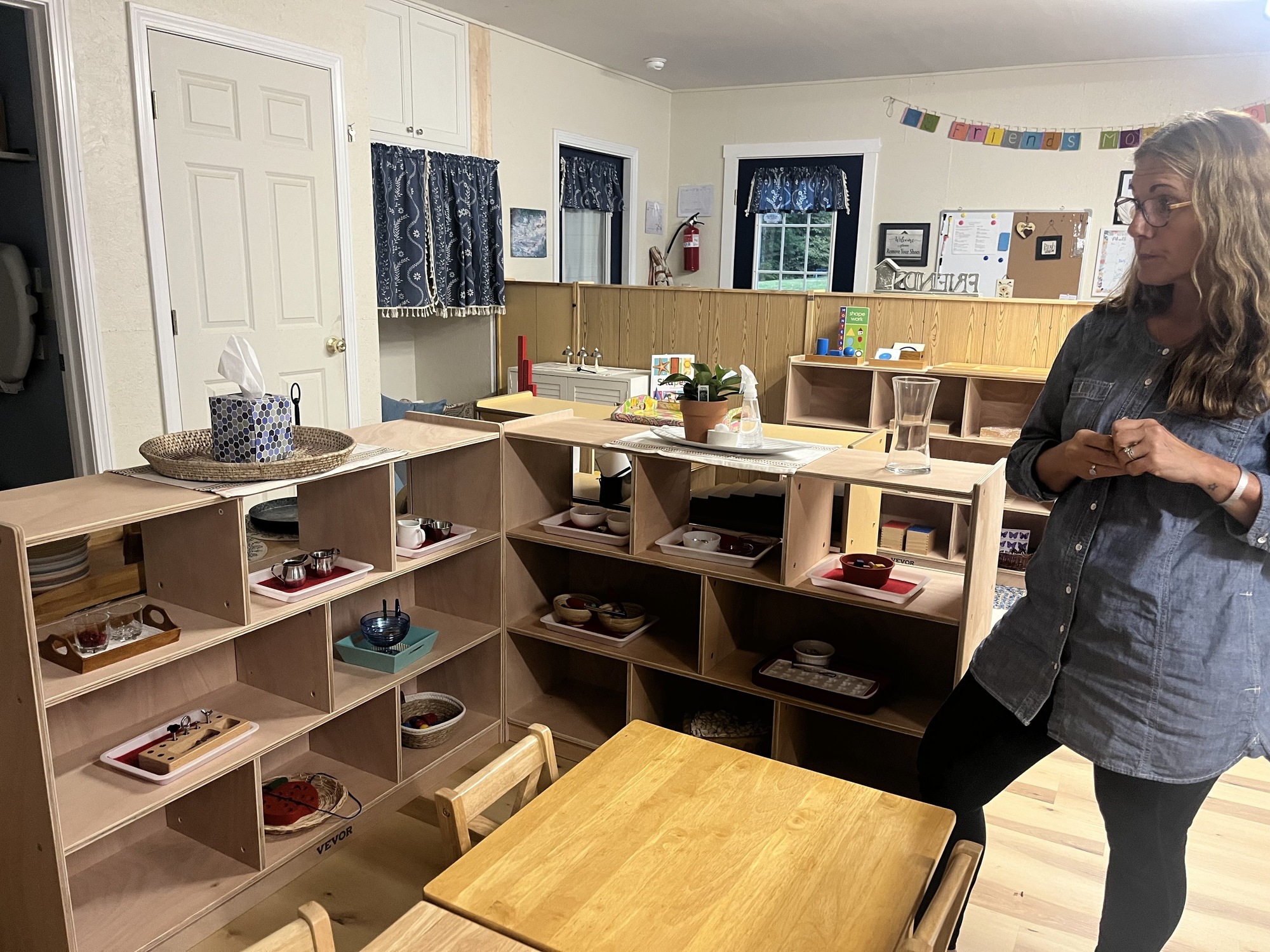By Charles Ogwo
Copyright businessday

The introduction of a new curriculum in Nigeria, designed to emphasise specialised skills in line with the 21st-century work demands, holds the promise of transforming the country’s educational sector.
However, experts worry that implementation may falter without a sufficient number of specialised teachers and adequate infrastructure, especially in rural communities.
This, they say, raises important questions about the effectiveness of the curriculum and the preparedness of the educators to deliver it.
The revised curriculum for basic, secondary, and technical education takes effect from the 2025/2026 academic session, which many believe is rather too short a time to commence.
Gift Osikoya, a teacher, said the curriculum changes are not just about new subjects. According to her, such changes require teacher retraining and sufficient infrastructure in place.
“The government should first invest in training-of-trainers workshops before mandating full implementation.
“Besides, some schools, especially in rural areas, lack laboratories, workshops, and digital tools. Without infrastructure, the curriculum may only exist on paper without true impact on learners,” she said.
Osikoya emphasised that the immediate and sudden implementation of the curriculum creates confusion and uneven adoption.
She noted that a phased plan would allow for a smoother transition.
“By this sudden and rushed approach, some schools will be compliant while others will lag, causing educational inequality,” she said.
Some stakeholders maintain that without putting foundational elements in place, the curriculum’s goals will fall short of expectations, especially in rural areas and private schools.
According to Isaiah Ogundele, an education administrator, the major factors required to drive the new policy are the personnel and infrastructure.
“There is a need to train people in line with the new curriculum and ensure they have materials that would make the teaching and learning more effective and cost-effective,” he said.
Read also: How national curriculum shifts focus from schooling to skills
Experts argue that many schools in rural areas lack the required facilities and personnel to drive the new curriculum, while schools in urban cities such as Lagos and Abuja stand to benefit massively.
They say that urban schools already have facilities and qualified teachers to handle the newly introduced courses, but rural peers do not.
Certificate or competence?
Experts contend that if the federal government is committed to competence-based education, it must first ensure that necessary facilities and qualified personnel are in place to support effective learning.
Jessica Osuere, CEO of RubiesHub Educational Services, said the new policy requires extensive preparation beyond rhetoric, warning against the minister’s categorical statements about immediate implementation.
“That is putting the cart before the horse. Implementation cannot begin without a proper survey, clear goals, and design of the goals,” she explained.
“We have had several reviews of the curriculum, but how well did we fare in that regard? Most of our schools are in a moribund state today,” she noted.
Olukayode Olusola, a civil servant, raised concerns over the federal government’s insistence that teachers must hold a TRCN certificate.
He noted that this requirement can be contradictory. For example, teaching subjects like film production, which is in the new curriculum, requires industry expertise rather than a formal certificate, as is the case in other countries.
“The government seems to be speaking from both sides of its mouth. Competence-based learning is all about what you can do and not the certificate.
“The government failed to put in place a system where experts in the industry or adjunct teachers are drafted into the schools for functional learning outcomes,” he said.
The German dual education system offers a model where trainees split their time between school and a company, either weekly or for longer periods before alternating.
Teacher training needs
The United Nations Educational, Scientific and Cultural Organisation (UNESCO) says that an education system is only as effective as its teachers, especially when practical, hands-on learning is required. The Sustainable Development Goal Four (SDG 4) calls for a significant increase in qualified teachers and more international support for teacher training in developing countries.
Successfully implementing the new curriculum will demand retraining teachers, particularly for subjects that require practical experience. Research consistently shows the critical influence of teachers on student achievement.
“A pressing question remains, how qualified are the teachers expected to teach these new subjects, particularly in rural areas and most private schools?” an education expert asked.



